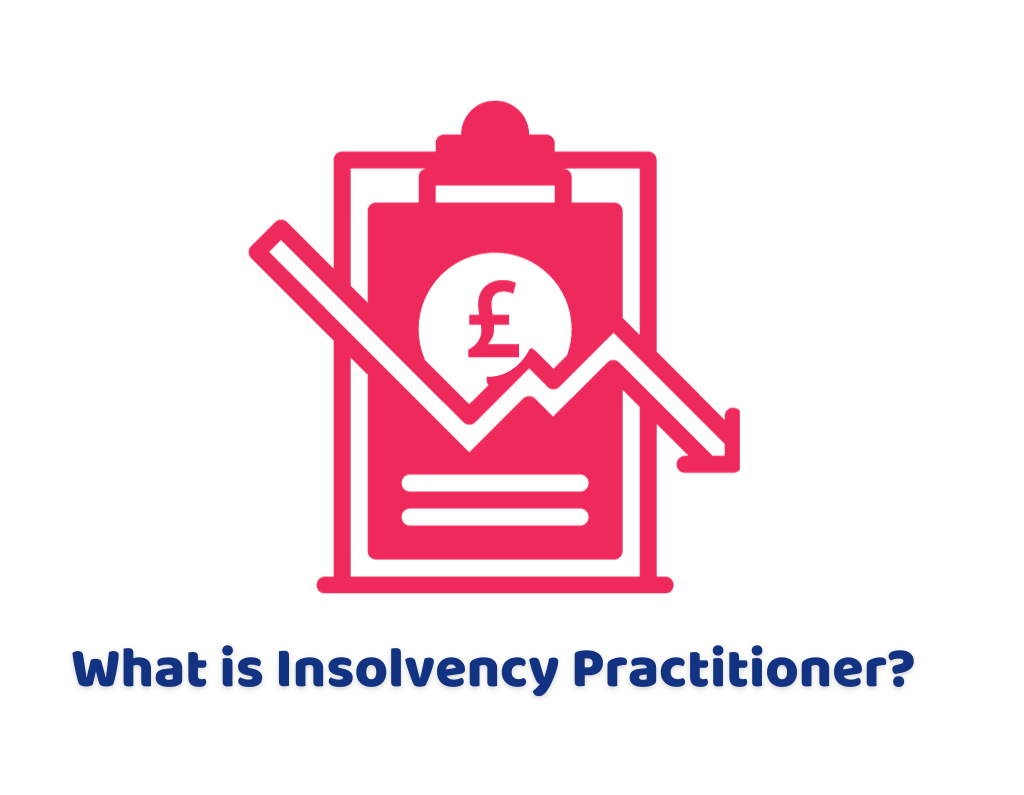The 3-Minute Rule for Insolvency Practitioner
The 3-Minute Rule for Insolvency Practitioner
Blog Article
What Does Insolvency Practitioner Do?
Table of ContentsAll about Insolvency PractitionerInsolvency Practitioner - QuestionsSome Known Questions About Insolvency Practitioner.All about Insolvency PractitionerInsolvency Practitioner for Dummies
Whether you require to use an insolvency professional (IP) to liquidate your business depends on various aspects. While engaging an insolvency practitioner for all kinds of liquidation is not a lawful need, doing so can usually enhance the procedure and make certain compliance with legal requirements. Liquidating a company is an important choice that includes substantial consequences.
It is a treatment used when a company does not have any type of financial institutions, or every one of their lenders can be paid off in full with legal rate of interest. Comprehending the different kinds of insolvency processes can help you establish the very best strategy for your business's liquidation or various other formal bankruptcy procedures itself.
This is required in order to comply with lawful needs - Insolvency Practitioner. This is due to the fact that IPs have the essential certifications and experience to guarantee that the liquidation process is performed according to all relevant laws and laws. By engaging a qualified insolvency specialist, you can have assurance understanding that your company's liquidation procedure will be managed professionally and in conformity with the pertinent legal needs
Indicators on Insolvency Practitioner You Need To Know
The insolvency practitioner is designated as a liquidator and is accountable for managing the company and liquidator's financial debts outstanding responsibilities and assets. This process includes selling the firm's properties and distributing the proceeds to lenders. Upon conclusion of the process, the business is gotten rid of from the register at Business Residence.
Falling short to do so can result in personal obligation for the business or supervisor for the creditor's financial obligations. Voluntary liquidation, which includes Creditors' Voluntary Liquidation (CVL) and Participants' Volunteer Liquidation (MVL), is started by the business's supervisors and shareholders when they can no much longer pay their financial debts. In a CVL, the insolvency practitioner is assigned as the liquidator, accountable for taking care of firm financial debts and all company properties.

How Insolvency Practitioner can Save You Time, Stress, and Money.
By evaluating the expertise and experience of possible insolvency specialists, you can ensure that you choose a professional that possesses the essential qualifications to manage your firm's liquidation process effectively. While insolvency practitioner-led liquidation is commonly one of the most ideal course of activity for business encountering bankruptcy, why not try here there are alternate methods to take into consideration, such as striking off and partial liquidation.
It's important to review all offered choices before choosing the following ideal remedy or program of action for your business. Striking off firms' signs up is a much more straightforward and affordable way to shut inactive or small business without financial debts or properties. To strike off a company, its name is eliminated from the Firms House register by sending type DS01.
Prior to top article going with striking off, it's vital to evaluate the benefits and drawbacks of this approach and think about whether it's the ideal option for your service. Partial liquidation is another choice to insolvency practitioner-led liquidation, in which a company sells off certain properties and obligations while proceeding to run with the remaining assets and liabilities.
An Insolvency Professional will have the ability to advise you of the very best program of activity to take and ensure that every little thing runs efficiently. Sadly, it is not feasible to liquidate a firm without a liquidator. additional resources Appointing an authorised insolvency professional is necessary for the procedure of voluntary liquidation to start.
Insolvency Practitioner Fundamentals Explained
It is possible to shut and liquidate your business without using a liquidator, provided your firm is solvent and you fulfill the eligibility requirements to liquify or liquidate it. If your business is financially troubled, you may be needed to utilize a liquidator and start formal bankruptcy procedures. Right here are some various other useful write-ups concerning company liquidation in the UK:.
Being in a setting where you're unable to pay your company's financial institutions is extremely demanding. In an effort to avoid enhancing the level of debt, several firms try to bargain straight with their creditors and accept a casual plan. If the debt is fairly little and owed to one lender, and the creditor is being participating, participating in an casual financial obligation arrangement is most likely the most effective solution, instead of looking the web for 'an insolvency practitioner near me'.
On the various other hand, if there are multiple lenders and the degree of debt is huge, creditors may not be so prepared or participating. To avoid liquidation or bankruptcy, it is much better to hire a bankruptcy specialist to prepare official propositions and work out with financial institutions on your part.
The 10-Second Trick For Insolvency Practitioner
Whilst it is a method to handle debt, there are considerable dangers entailed with this kind of financial debt plan - Insolvency Practitioner. If a financial institution is eager to enter right into a casual arrangement (IA) wherein the borrower has actually accepted make regular, if lower, payments to repay the financial obligation, it's crucial to stay with the agreement

Therefore, the financial institution is within their legal rights to back out of the arrangement and application the courts for your firm to be liquidated at any type of time. A formal arrangement that has been proposed by a bankruptcy professional in your place, and agreed by a creditor, offers a much safer alternative.
Report this page